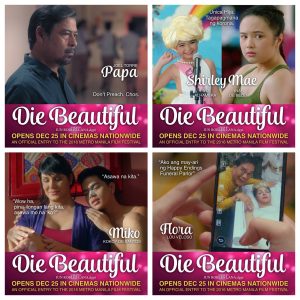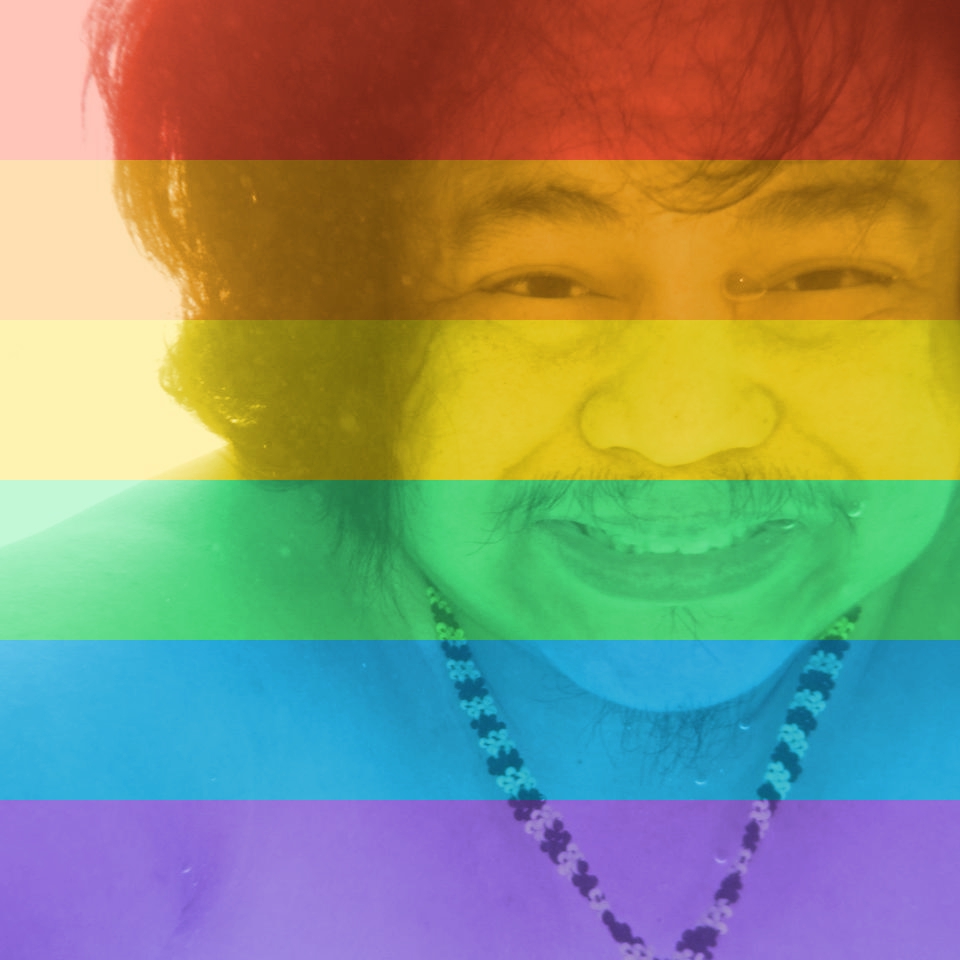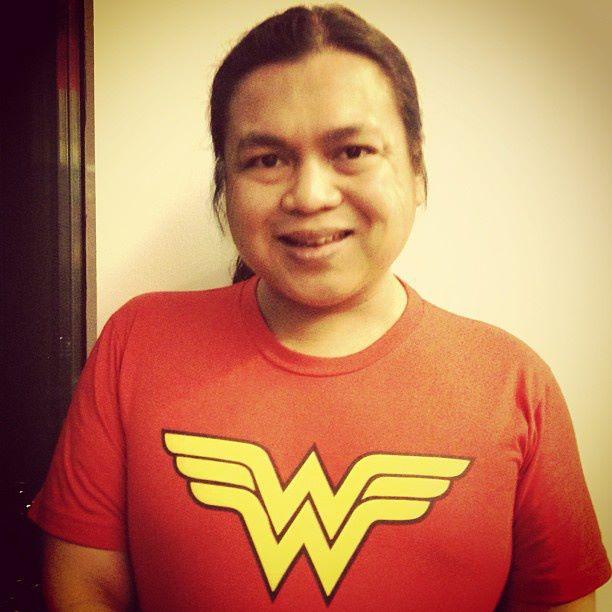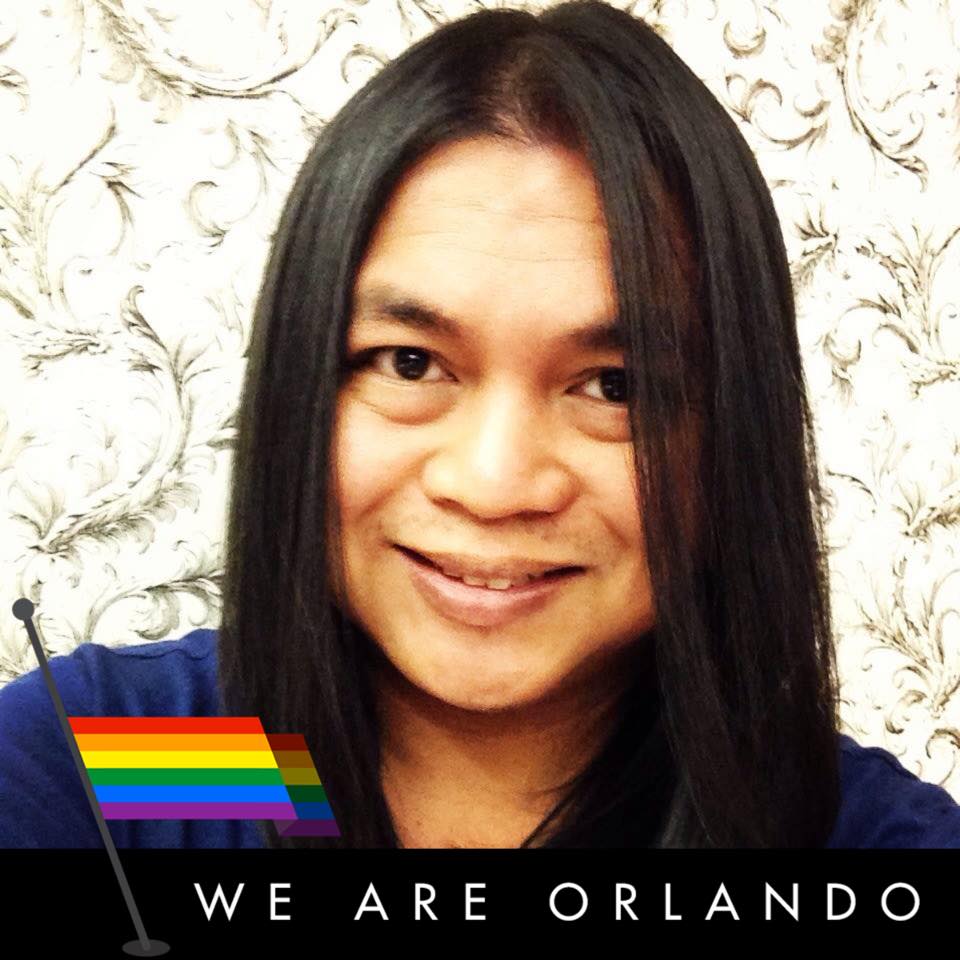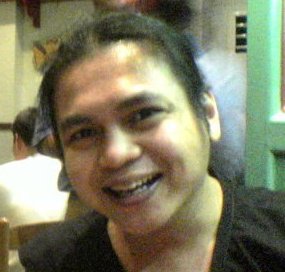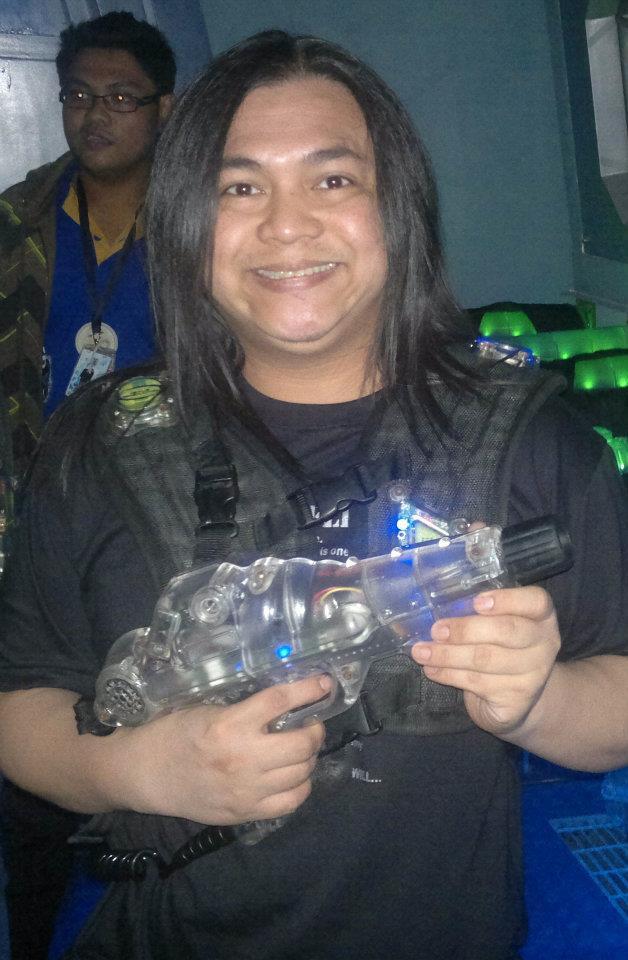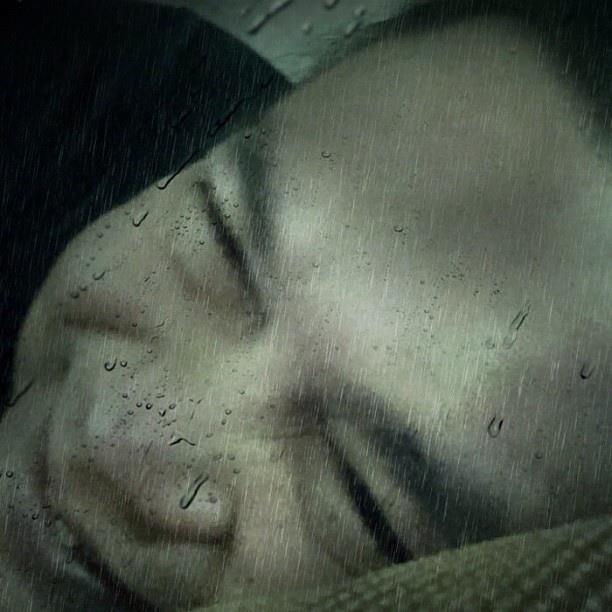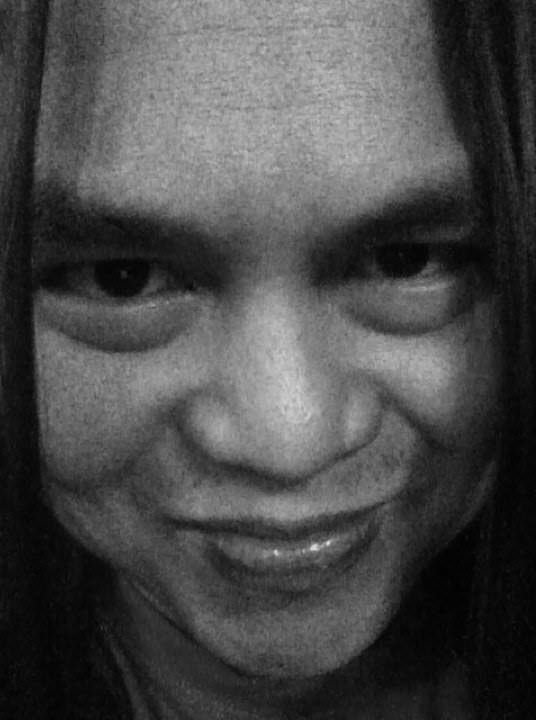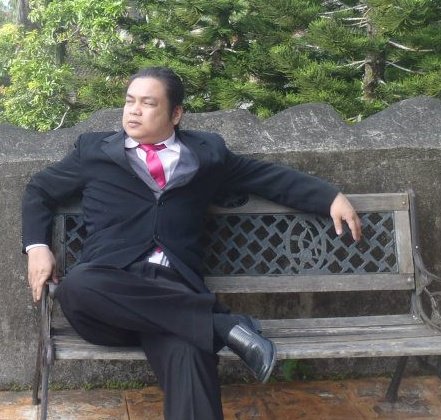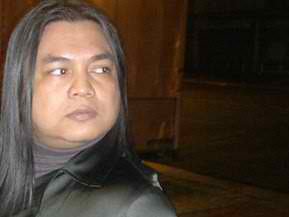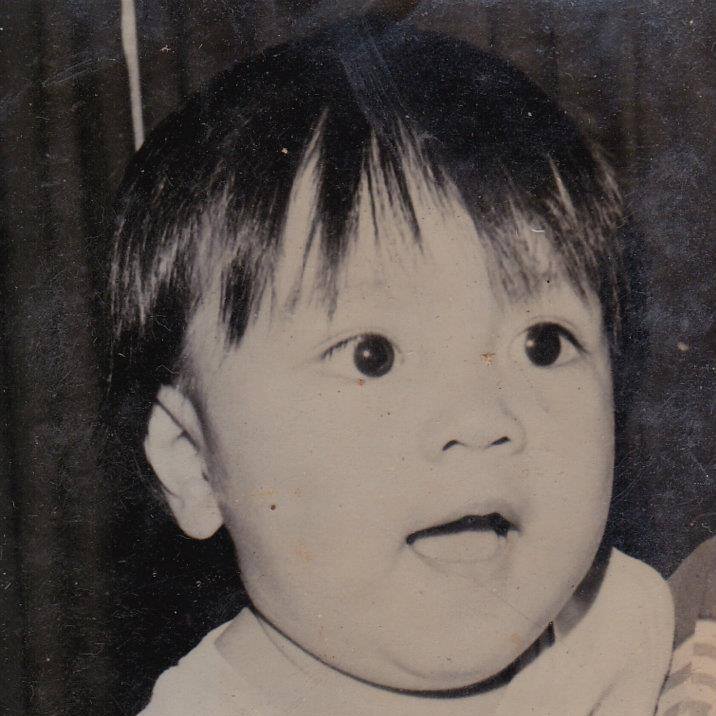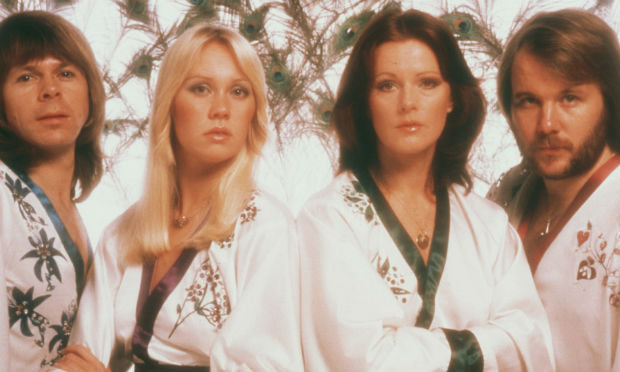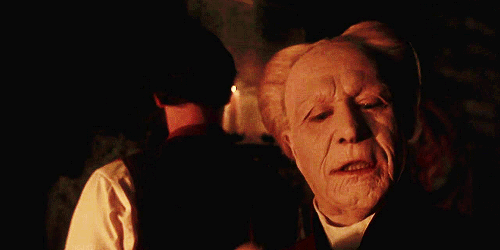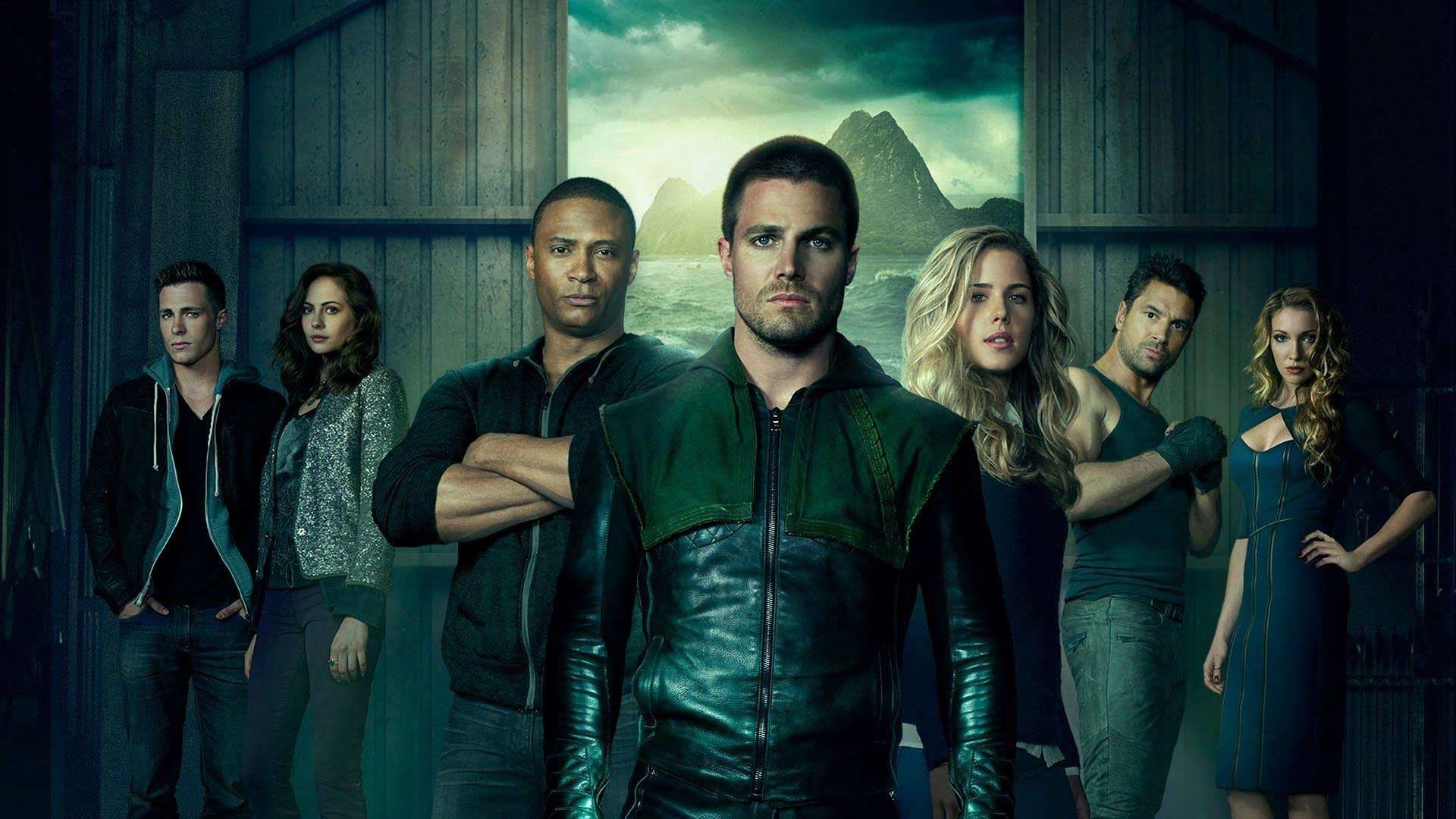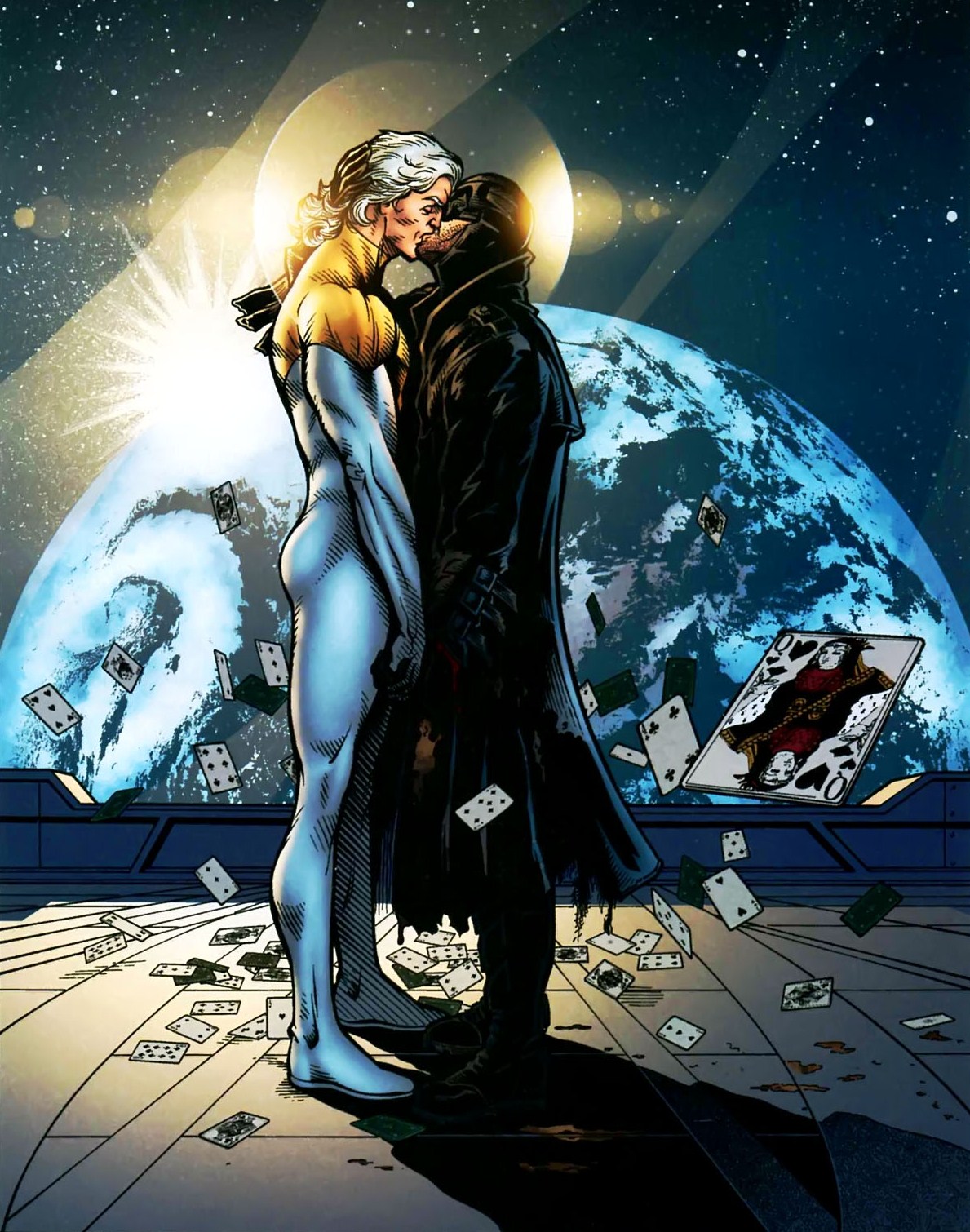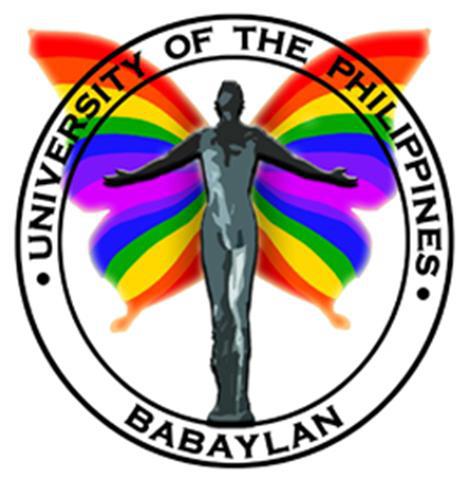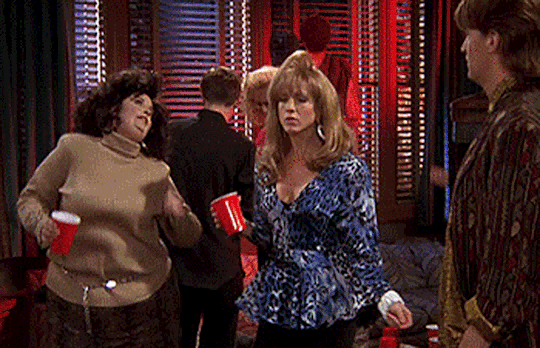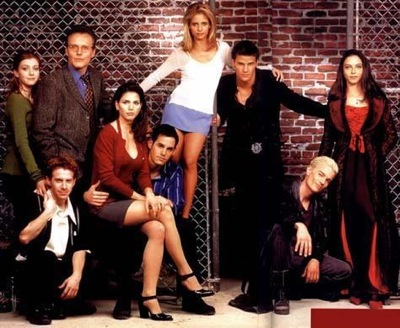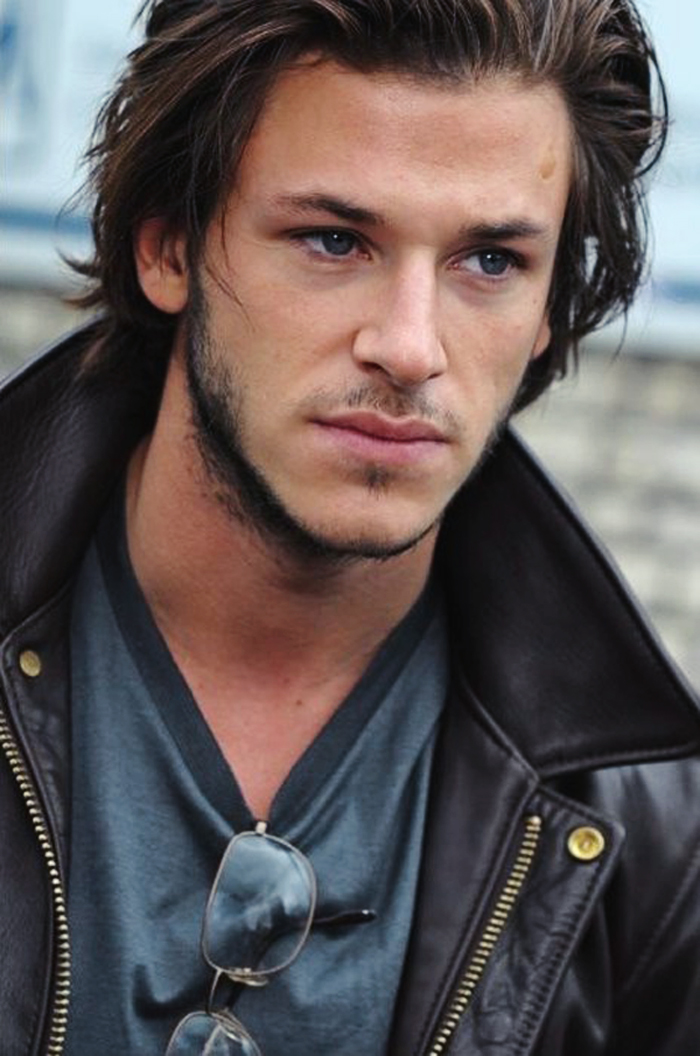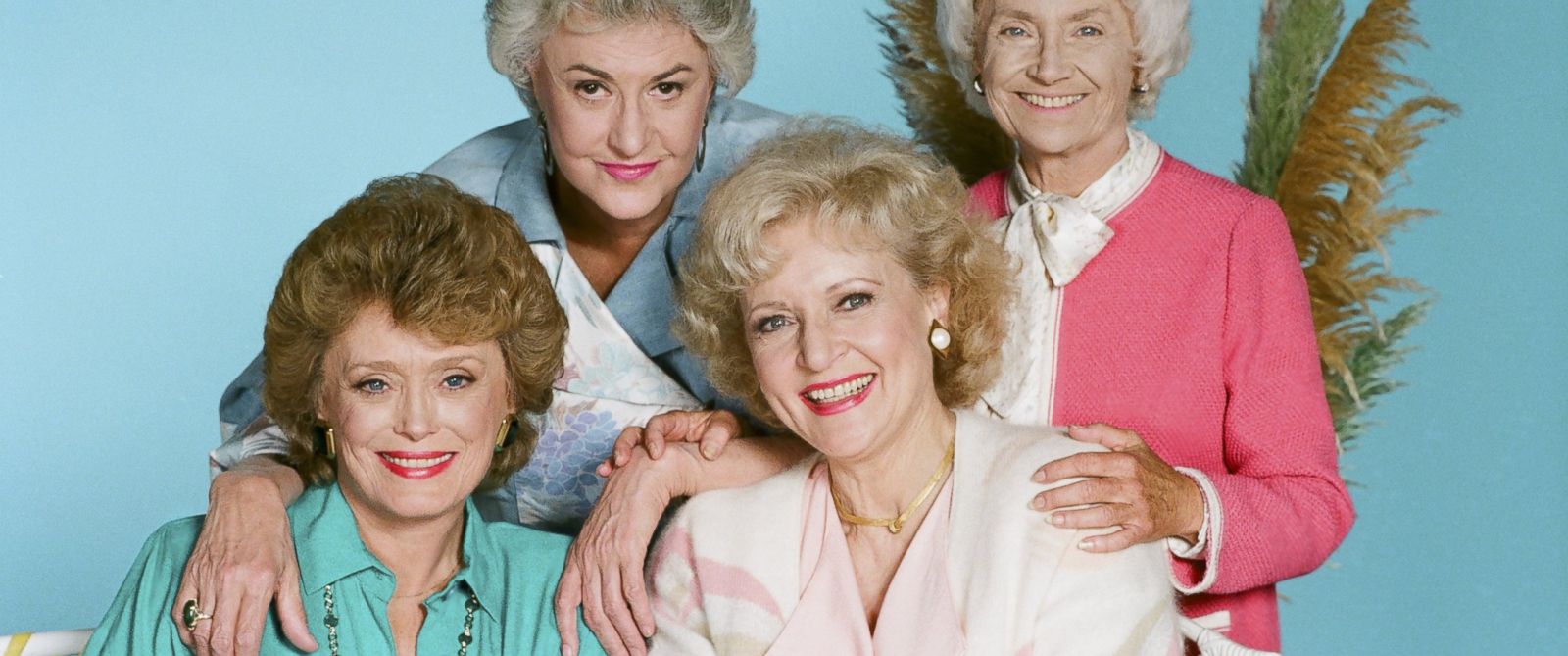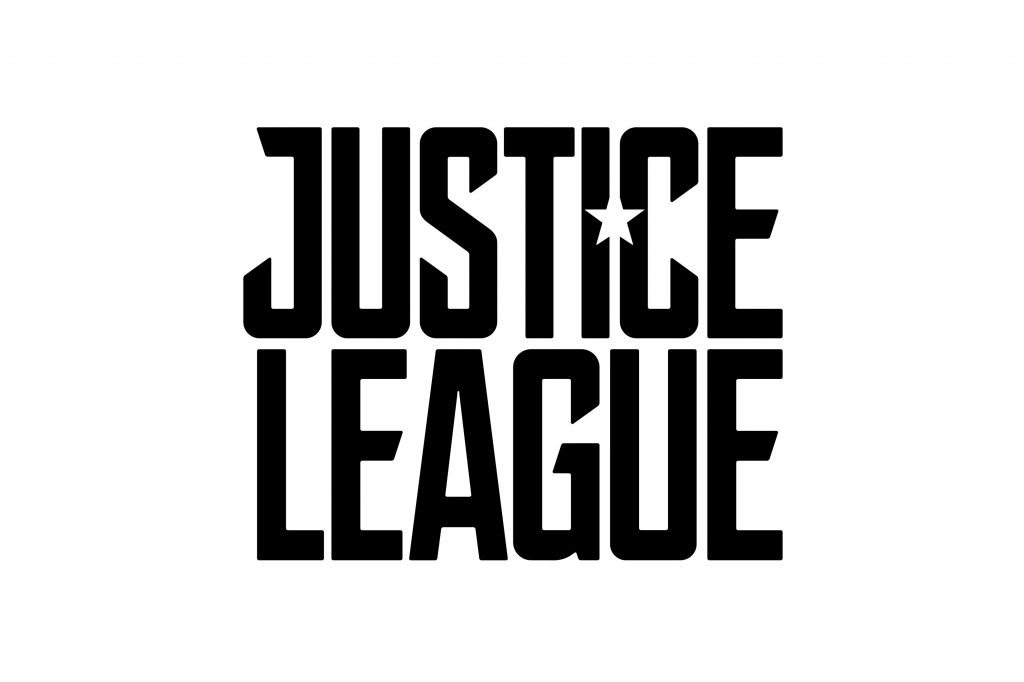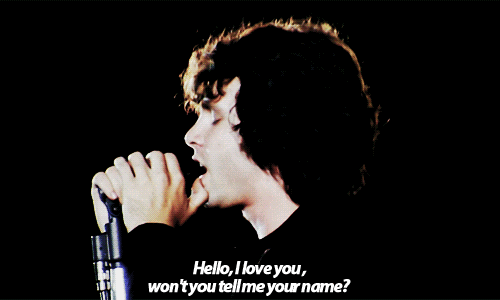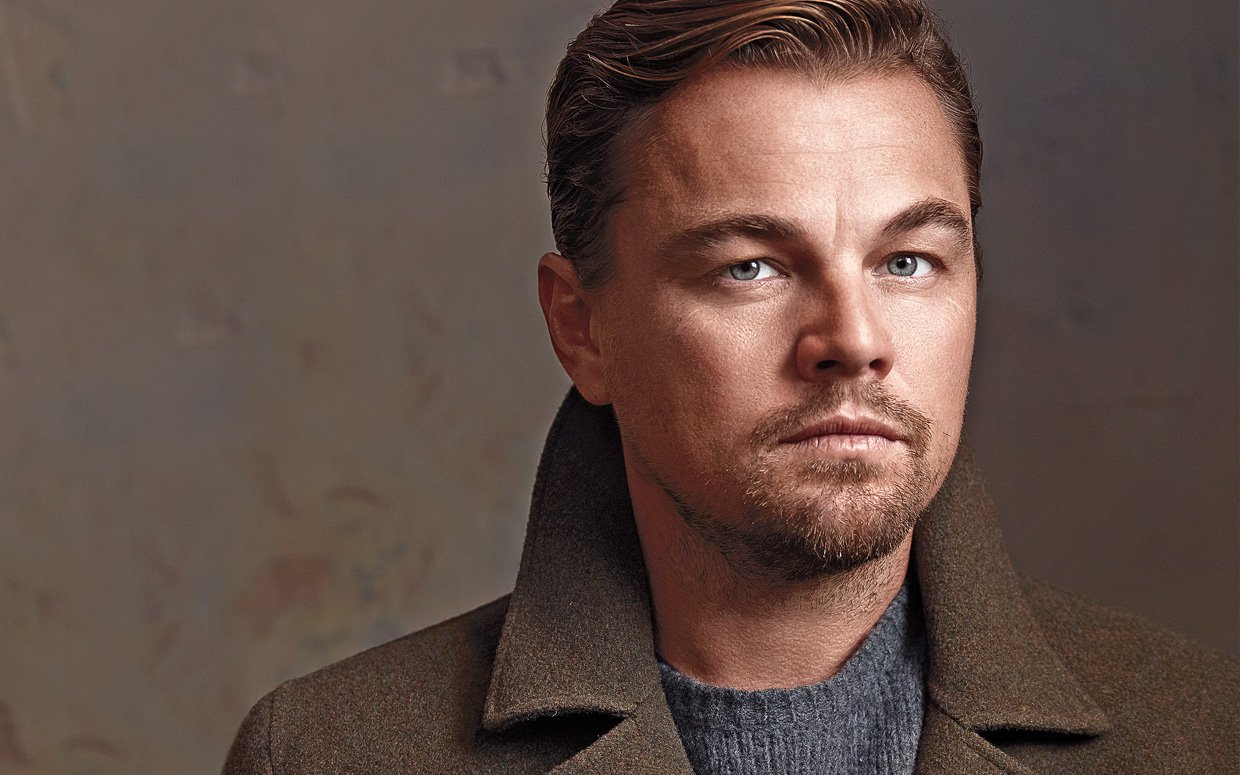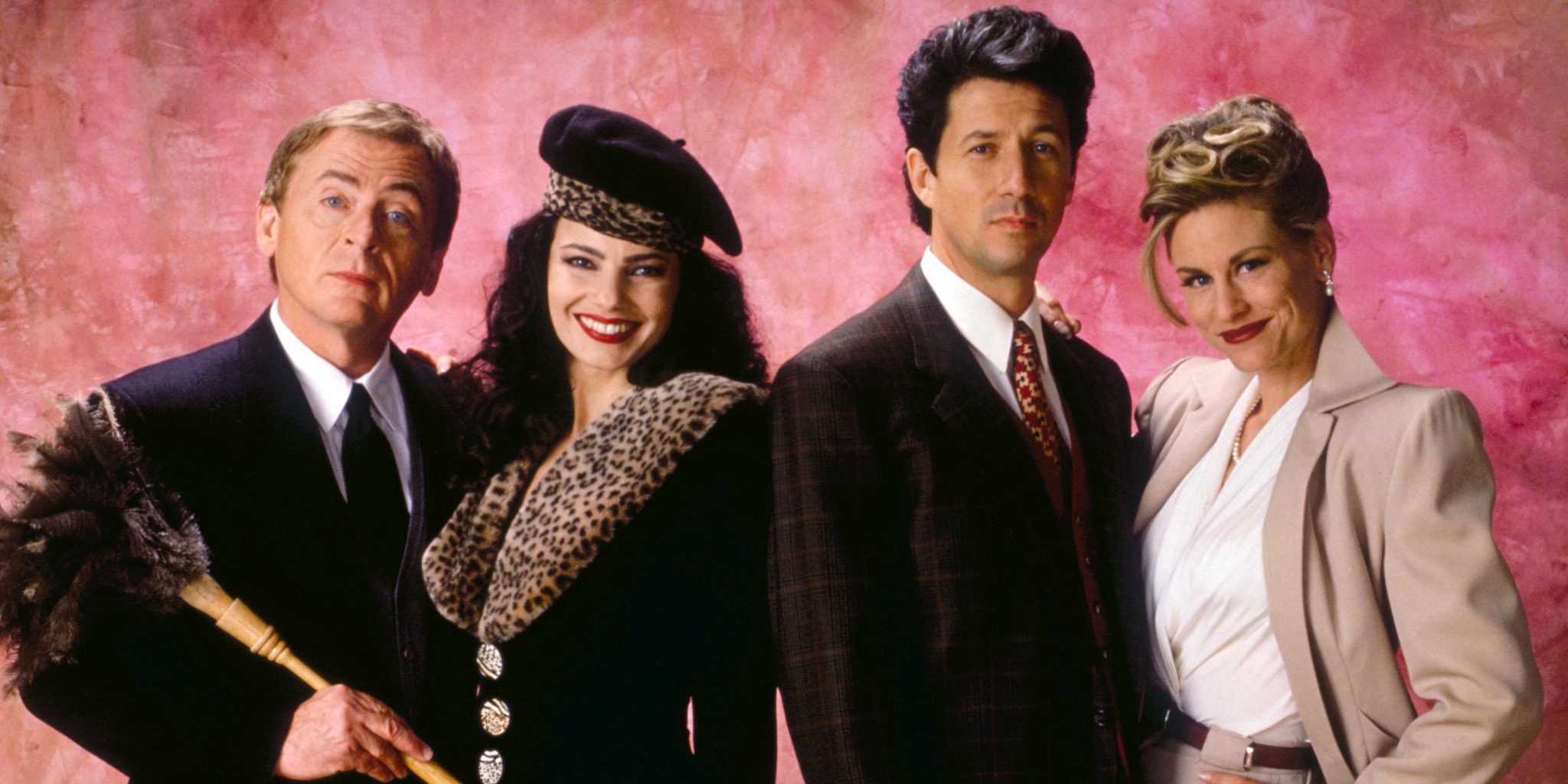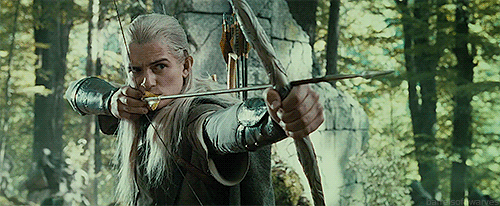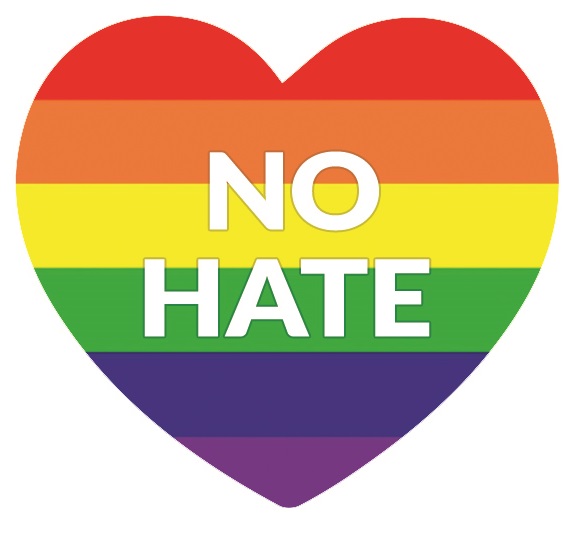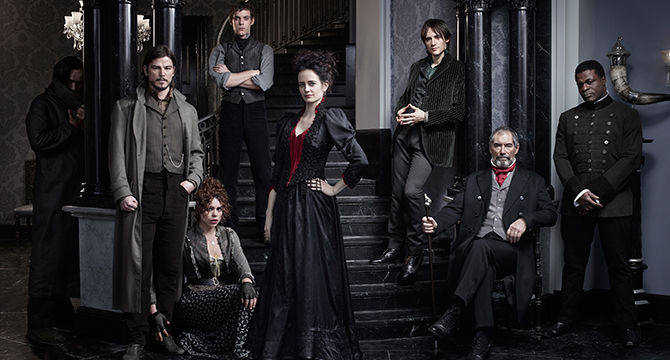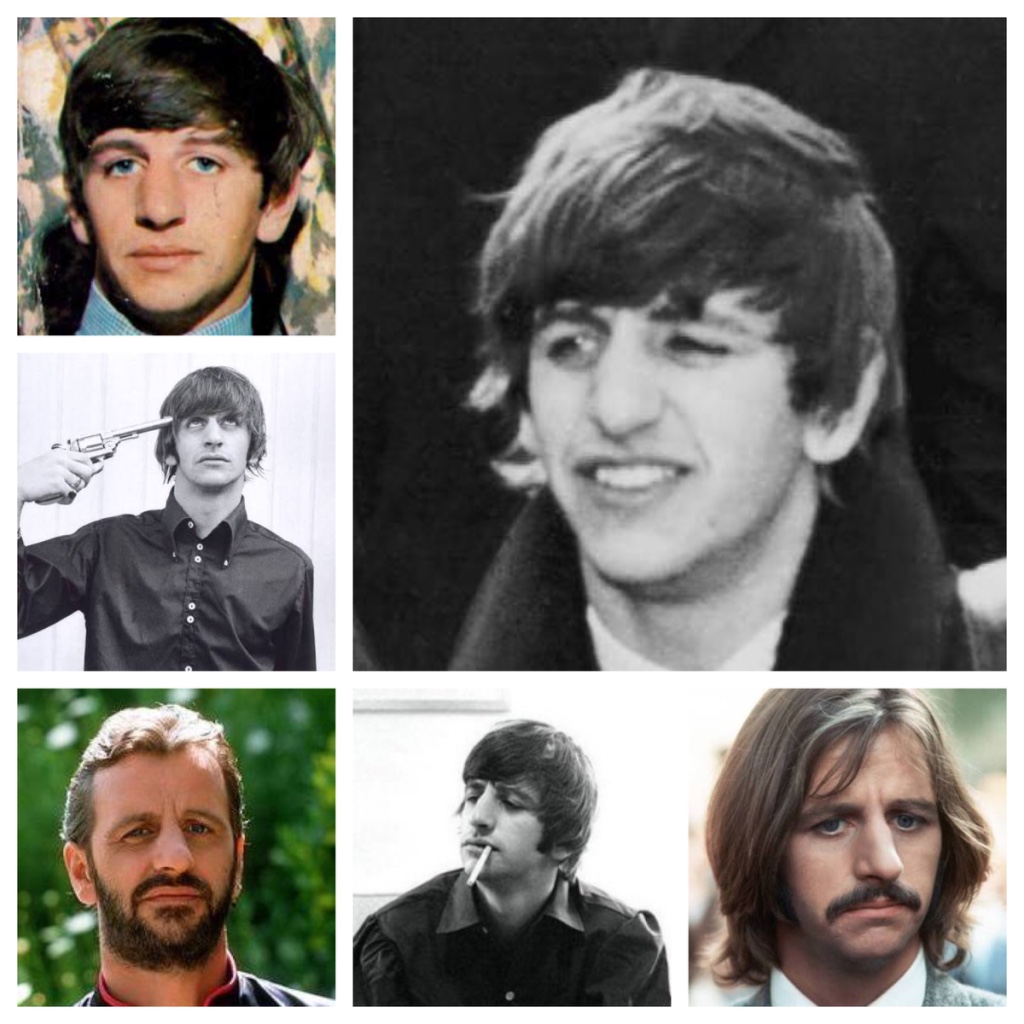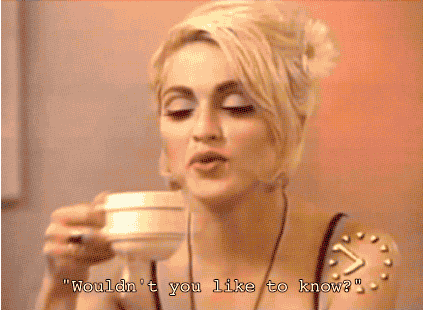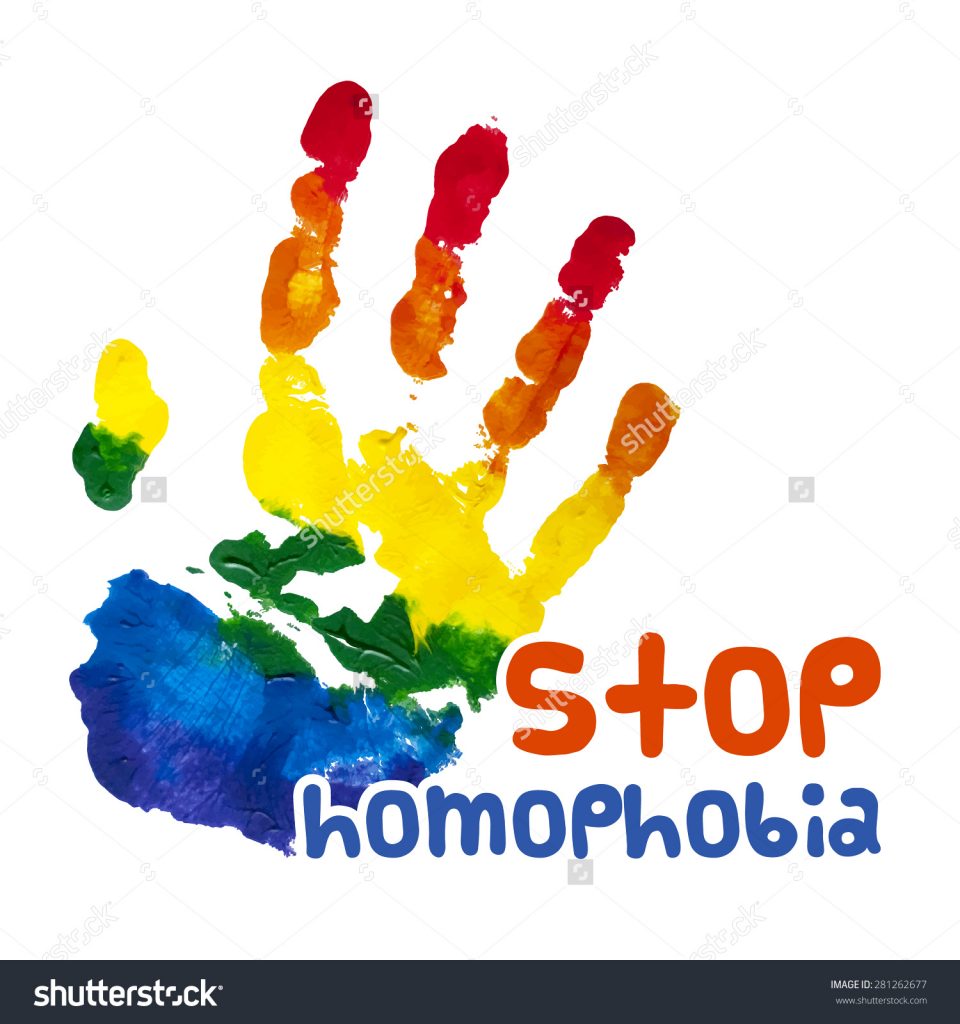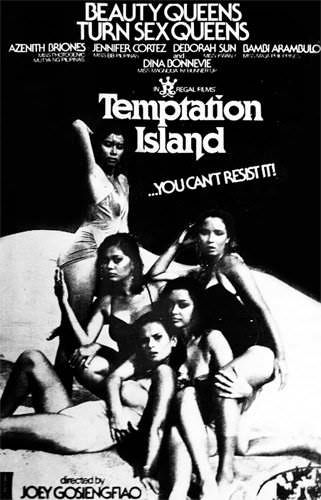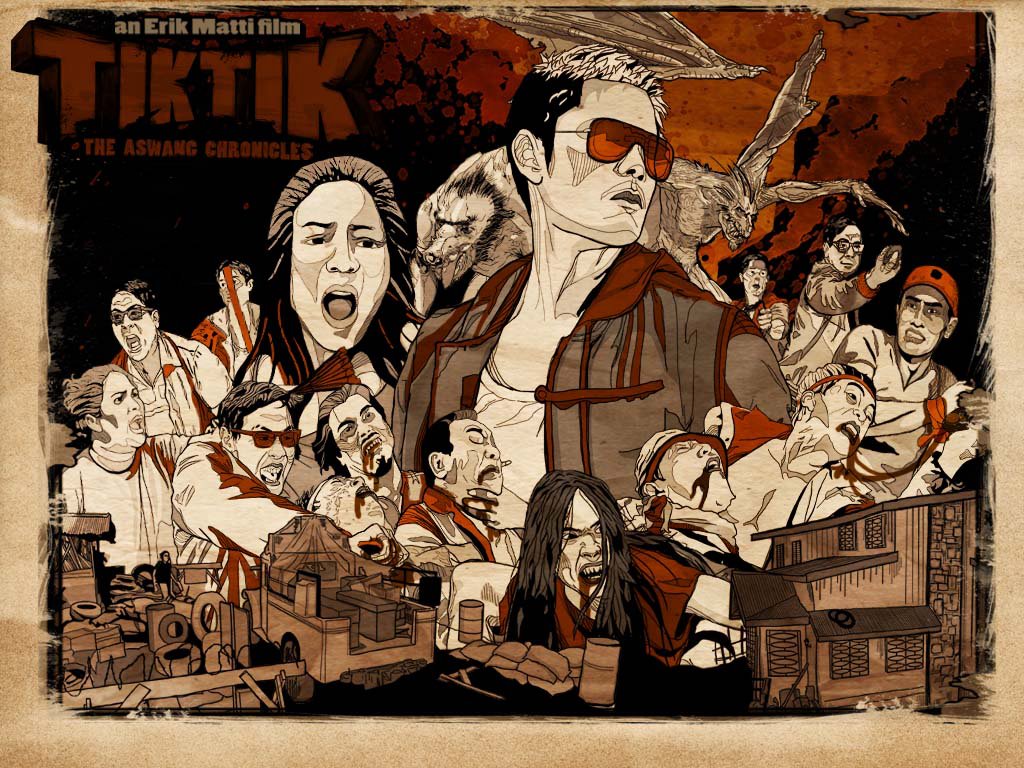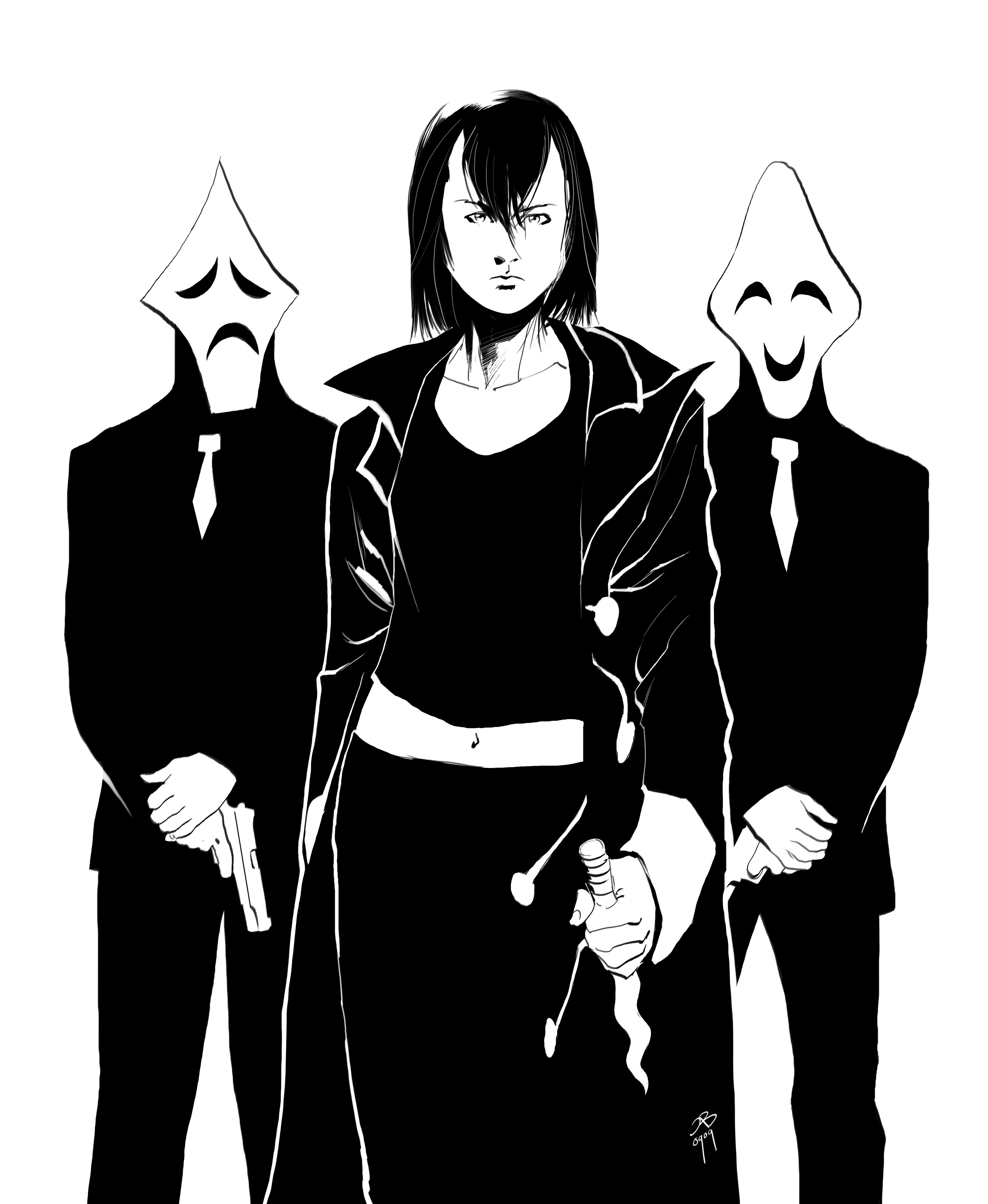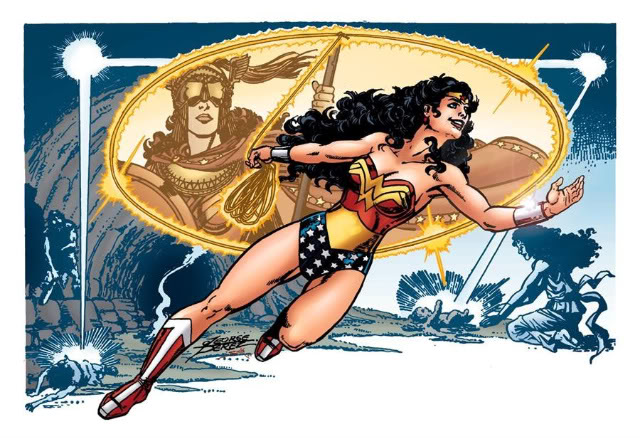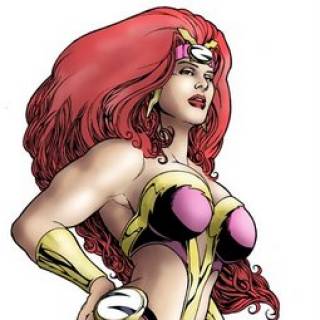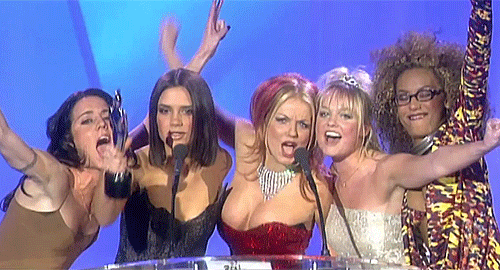MMFF 2016: More Than A Woman (Die Beautiful)
by allancarreon on Dec.28, 2016, under Film & TV, Queer
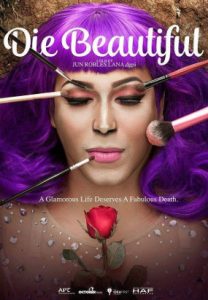 Metro Manila Film Festival 2016: Some Spoilers!
Metro Manila Film Festival 2016: Some Spoilers!
Trans life is still largely misunderstood by most of society, especially Filipino society, which is ironic because our pre-Hispanic culture had very different views of gender roles. Unfortunately, colonization and Christianization suppressed our ancestral paradigms, leading to binary gender thought. Even with the increasing liberalization of LGBT politics in the last two decades, the “T” remains to be a constantly misunderstood segment of the community, with transwomen often mistakenly conflated with or confused for cisgender gay men who simply want to cross-dress.
While the topic of gender can take up entire books to thoroughly discuss, media has tried to bridge the gap – sometimes successfully (Transamerica, for example), sometimes not so much (countless awful examples I shan’t go into). Locally, there have even been fewer, and with some exceptions, representation has largely been relegated to funny (sometimes offensive) sidekicks.
In comes Die Beautiful, our critically-acclaimed Tokyo International Film Festival entry which was released earlier this week for the Metro Manila Film Festival, and therein we see a very meaningful look into the life of a Filipina transwoman.
In this film, beaucon fanatic Trisha Echevarria unexpectedly passes away mere minutes after she finally achieves her lifelong dream: to win a crown in a beauty pageant. Her best friend Barbs honors 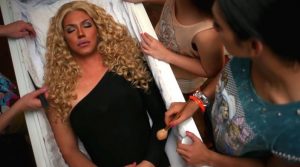 her wishes from a past conversation: if Trisha dies first, during a week-long wake she would need to be made up to look like a different celebrity each day, starting with Angela Jolie.
her wishes from a past conversation: if Trisha dies first, during a week-long wake she would need to be made up to look like a different celebrity each day, starting with Angela Jolie.
With Trisha’s wake as a framing device, her life is told in a non-linear fashion across the film. We see her previous life as “Patrick Villar” whose father is trans/homophobic. We see her struggles as an aspiring “kontesera byukonera” and witness her various heartbreaks. We see her adoption of an abandoned little girl that sets her on the path to motherhood. Along the way, we encounter the people around Trisha – the good, the bad, the indifferent – and we understand what makes her a true woman.
All told, not necessarily in that order.
The movie is well-done. The script is crisp and natural. It’s funny, heartbreaking, terrifying. I’m even quite hesitant to categorize it into a clear genre. Is it comedy? Yes, it does have its hilarious moments.  Is it romance? There’s plenty in there for the romantic at heart and those who also expect relationship conflicts. Is it drama? It doesn’t lack the typical family squabbles, complete with the hateful father, though it generally steers away from melodrama. Is it a BFF movie? We see Trisha’s friends, especially Barbs, in a lot of scenes of bonding and sisterhood. Is it a “bakla” movie? If by that you mean fabulous and gay as blazes, in an awesome way, yes it is – the frequent cuts to amusing beauty contest scenes as Trisha works on achieving her dreams will satisfy anyone who loves gayness and camp and all that.
Is it romance? There’s plenty in there for the romantic at heart and those who also expect relationship conflicts. Is it drama? It doesn’t lack the typical family squabbles, complete with the hateful father, though it generally steers away from melodrama. Is it a BFF movie? We see Trisha’s friends, especially Barbs, in a lot of scenes of bonding and sisterhood. Is it a “bakla” movie? If by that you mean fabulous and gay as blazes, in an awesome way, yes it is – the frequent cuts to amusing beauty contest scenes as Trisha works on achieving her dreams will satisfy anyone who loves gayness and camp and all that.
So, quite appropriately, much like its subject of gender, the film’s genre cannot be neatly fit into the boxes that people are used to.
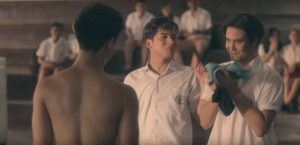 There is much to sink one’s teeth into this very dense film. There are so many angles to start a discourse on, whether it be gender politics, family bonds, friendship, love, sex, even rape and consent. It will be impossible for me to run through each and every single angle, but I would highlight two things:
There is much to sink one’s teeth into this very dense film. There are so many angles to start a discourse on, whether it be gender politics, family bonds, friendship, love, sex, even rape and consent. It will be impossible for me to run through each and every single angle, but I would highlight two things:
One, that here we have a film about a transwoman that is not merely about her gender, nor her desire to find love (or sex, for many fall into the cliche of transwoman fetishism), nor her journey to becoming comfortable in her own identity and skin, so to speak. Yes, these elements are there, but the film elevates the experience. This is about a transwoman and her life. She is not a paragon of virtue (as some films that wish to portray the community in a positive light tend to overdo),  she is not a vile corrupting influence (as other films choose to show transwomen), she is not a punchline nor mere comedic fool.
she is not a vile corrupting influence (as other films choose to show transwomen), she is not a punchline nor mere comedic fool.
No. Here, we have a transwoman who is complex. She is not perfect; she can be a controlling mother who is occasionally oblivious to her daughter’s feelings of neglect. She is not the immoral Jezebel, either; she basically has a good and loving heart who wishes to help others as well. She is portrayed as more than just a transwoman or a woman.
In short, she is portrayed as a human first and foremost, with her gender (while being of important focus) being just one aspect of who she is. And being human is being who she is, so that final “look” that Barbs gave her is perhaps the most apt and most truthful of all.
Two, that here we see a film that shows strong bonds of sisterhood between transwomen. Forget the “father hates transdaughter who triumphs in the end” aspect or the “smooth talking man takes advantage of the transwoman” subplots or the even the “I want to be more comfortable in my body 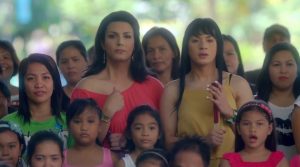 and be able to accept myself” trope. These are present and well-delineated, I agree, but these are already common stories in these types of films.
and be able to accept myself” trope. These are present and well-delineated, I agree, but these are already common stories in these types of films.
What is rarer, I think, is to see a solid story of friendship between transwomen. Not completely absent in films, but rare. And at the heart of it, this is also the story of the friendship of and loyalty between Trisha and Barbs. While this is primarily Trisha’s story, this is also Barbs’ – for the story is seen through the lens of a promise that Barbs made to Trisha and how the former makes good on her promise. And ultimately, it is Barbs who lost the most when Trisha passed away. It is her burden that really hooks us emotionally after seeing all the two had been through.
This is perhaps most stark in that one quiet scene right after the barkada secretly takes Trisha’s body, her hair cut short to be more “manly” at the demand of Trisha’s vile father. Alone in the funeral parlor, sitting beside Trisha’s coffin, Barbs looks at what had been done to her best friend’s body. Trying to suppress her grief at the loss of her best friend (her sister!) and at the disrespect for Trisha’s wishes…
… Barbs composes herself as a tear subtly rolls down her cheek.
 She reaches for the array of make-up kits before her.
She reaches for the array of make-up kits before her.
“Papagandahin ulit kita.”
Then silently, defiantly, she proceeds to make good on her promise to her sister.
Heartbreaking.
Over-all, Die Beautiful is a wonderful movie. It’s a strong contender to be Best Picture, even. It boasts of excellent direction and good production values. The make-up and costumes are fabulous. But then, what can we expect? A part of me thinks this movie was made just to showcase Paolo Ballesteros’ famous make-up transformation / impersonation skills, a story built around it, but even if that were 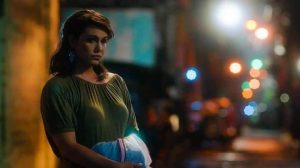 true, well, the result is still great. I believe that the filmmakers were also inspired to create the movie because of what happened to Jennifer Laude.
true, well, the result is still great. I believe that the filmmakers were also inspired to create the movie because of what happened to Jennifer Laude.
My only criticism is that it could have been tighter. It was a bit long, and towards the end, when they introduced yet another subplot into the final act, the length was already noticeable. Personally, I think they could have completely removed the Luis Alandy / Jessie subplot and the movie would have been the same if not better. It felt like a vignette shoehorned in at the last minute to fill some kind of romance quota as opposed to being an organically developed tale spread across the film’s alternating, non-linear flashbacks. Still, Luis is always a joy to see, so I’ll let that pass.
The cast is stellar. Paolo Ballesteros (dressed as the Julia Roberts, because why the hell not) accepted the acting award in Tokyo for his work here, and deservedly so. I’m rooting for him to win the MMFF Best Actor award as well. He is a chameleon capable of transforming himself from the vulnerable student Patrick to the more confident and independent Trisha. Paolo won my heart when he started appearing as the hilarious Lola Tidora in Kalyeserye, but here he further proves his versatility as an actor.
Christian Bables as Barbs is the breakthrough performer. Yes, he is straight as confirmed on media and social media, which makes his performance even more amazing. He disappeared into the character so well and gave a performance that was hilarious and natural when it was needed and that was subdued and very nuanced when required. He absolutely needs to win Best Supporting Actor.
Inah De Belen as Trisha’s adopted daughter Shirley Mae (formerly Adora) is also pretty good, if a bit underused. The character was more interesting when she was still a loving, bright, and rather wise little girl (Faye Alhambra).
The rest of the cast are all pretty great: veterans Joel Torre, Gladys Reyes, and Lou Veloso; tried-and-tested performers like IC Mendoza, Luis Alandy, and Albie Casiño; and relative newcomers like Cedrick Juan and Kokoy De Santos. Watch out for cameos by Eugene Domingo, Mel Martinez, and Iza Calzado, the latter’s funeral home scene being one of the funniest things I’ve seen in a while. Well, 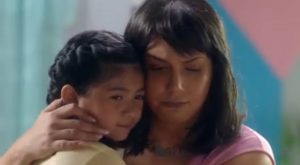 since Ang Babae Sa Septic Tank 2, anyway.
since Ang Babae Sa Septic Tank 2, anyway.
Die Beautiful helps advance more nuanced and complex portrayals of our trans sisters for a wider audience, so it needs our support if we are to see more positive and still realistic depictions of the community.
Moreover, it’s simply a well-made film that deserves to be watched again.
(I already did.)
My Rating: 9 out of 10 Stars
Starring: Paolo Ballesteros, Christian Bables, Joel Torre, Gladys Reyes, Luis Alandy, Albie Casiño, Inah De Belen, IC Mendoza, Cedrick Juan. Iza Calzado and Eugene Domingo join in hilarious cameos.
Directed By: Jun Robles Lana




